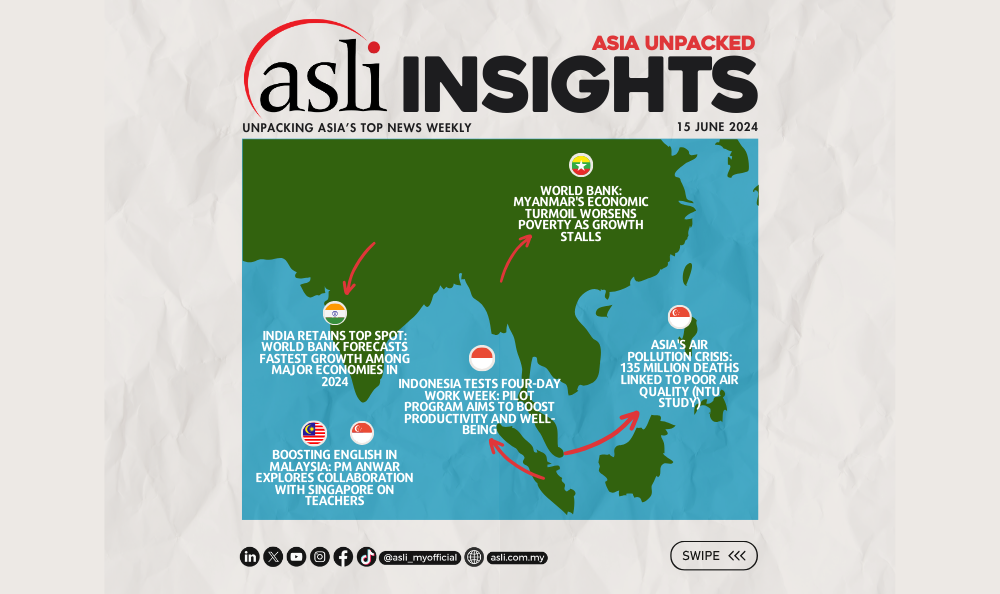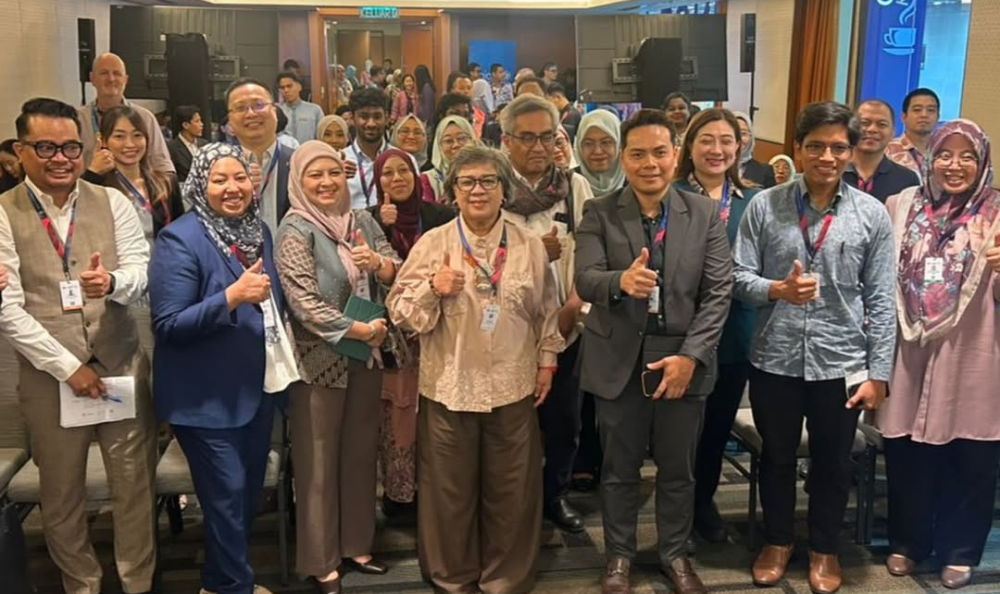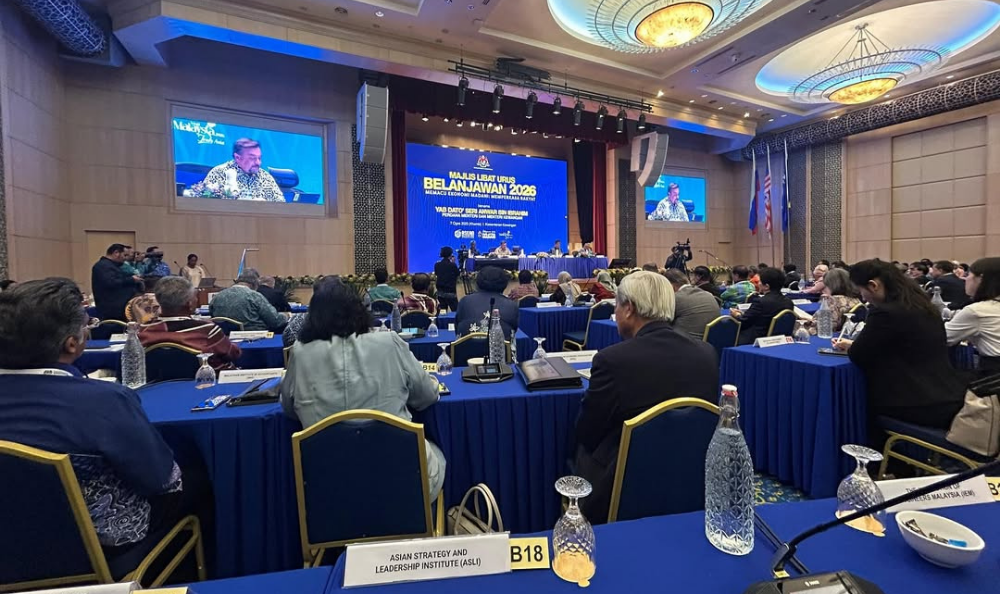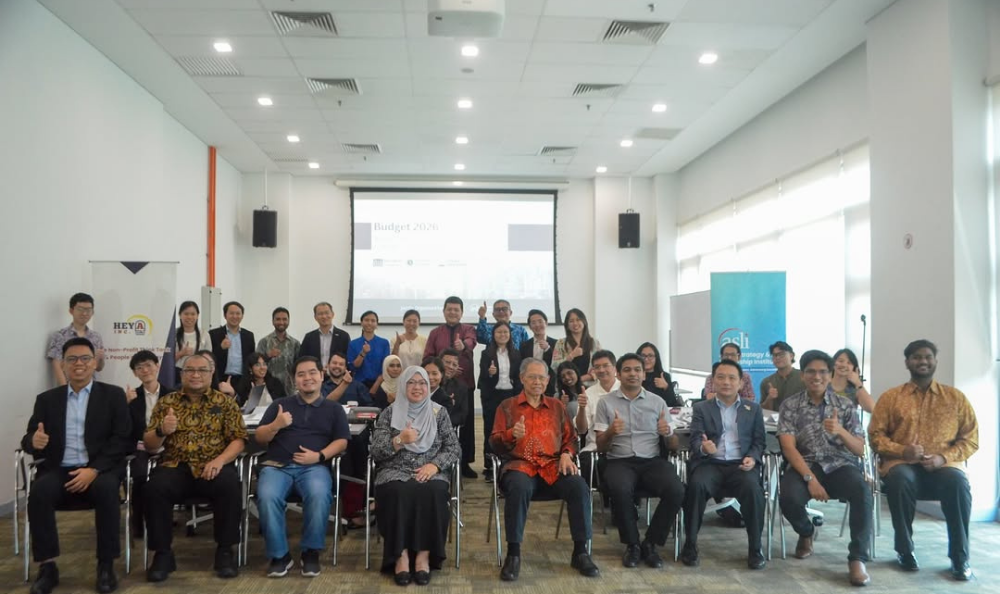
ASLI INSIGHTS: Asia Unpacked | 15 June 2024
ASLI is back with more ASLI INSIGHTS: Asia Unpacked!
Stay tuned for more top news in Asia handpicked by ASLI and for our curated weekly roundup!
This week’s Asia top news:
1) India Retains Top Spot: World Bank Forecasts Fastest Growth Among Major Economies in 2024
India is expected to maintain its position as the fastest-growing large economy in 2024, with growth forecasted at 6.6%, down from 8.2% in 2023, driven by strong domestic demand and increased investment. The World Bank's Global Economic Prospects report indicates global growth stabilising at 2.6% after several years of decline, with East Asia and the Pacific region slowing to 4% due to challenges in China's property sector. Indonesia and Vietnam are projected to grow at 5% and 5.5%, respectively, while Japan's growth is forecasted at 0.7% amidst sluggish consumption and exports.
Read more:
- https://www.business-standard.com/economy/news/india-remains-world-s-fastest-growing-major-economy-globally-world-bank-124061200394_1.html
- https://asia.nikkei.com/Economy/India-to-remain-fastest-growing-big-economy-in-2024-World-Bank-says
2) Indonesia Tests Four-Day Work Week: Pilot Program Aims to Boost Productivity and Well-Being
Indonesia's Ministry of State-owned Enterprises has started piloting a four-day work week, called the Compressed Work Schedule, to enhance employee well-being. This two-month trial allows employees to work four days every fortnight, provided they meet a 40-hour work requirement and have supervisor approval. The initiative, proposed by Minister Erick Thohir to improve mental health, aims to evaluate productivity and effective team management under the new schedule. The trial follows a January survey highlighting the need for better work-life balance. While it's unclear if other ministries will adopt this, the pilot reflects a growing global trend towards four-day work weeks to reduce stress and boost job satisfaction.
Read more:
- https://hrmasia.com/state-owned-enterprises-lead-indonesias-shortened-workweek-experiment/
- https://www.channelnewsasia.com/asia/indonesia-ministry-four-day-week-erick-thohir-work-life-balance-flexible-4404596
3) Boosting English in Malaysia: PM Anwar Explores Collaboration with Singapore on Teachers
During discussions in Kuala Lumpur, Malaysian Prime Minister Datuk Seri Anwar Ibrahim requested Singapore to consider sending teachers to Malaysia to teach English and other subjects. Singapore's Prime Minister Lawrence Wong, on his first working visit to Malaysia since assuming office on May 15, agreed to consider the request. The leaders also addressed ongoing bilateral issues, including the Johor-Singapore special economic zone, the water agreement, maritime boundaries, and flight information regions. Anwar emphasised the importance of resolving these issues swiftly and highlighted the strong, strategic partnership between Malaysia and Singapore. Both leaders expressed optimism about future cooperation and the benefits of showcasing their robust relationship to the region and the world.
Read more:
- https://www.bernama.com/en/general/news.php?id=2307211
- https://www.thestar.com.my/news/nation/2024/06/13/call-for-spore-to-send-teachers
4) World Bank: Myanmar's Economic Turmoil Worsens Poverty as Growth Stalls
The World Bank reported that Myanmar is facing its worst poverty levels in six years, exacerbated by escalating violence, labour shortages, and a depreciating currency following the 2021 military coup. Economic growth is projected at just 1% for the current fiscal year, down from an earlier estimate of 2%, due to high inflation and constraints on labour, foreign exchange, and electricity. The country's civil war has displaced over 3 million people and pushed poverty rates back to 32.1%, akin to levels seen in 2015. The junta's response, including conscription efforts and border access losses, has further strained economic conditions, with significant declines in trade and ongoing challenges expected in the near future.
Read more:
- https://asia.nikkei.com/Spotlight/Myanmar-Crisis/Myanmar-GDP-to-stagnate-as-conscription-chases-away-workers-World-Bank
- https://www.reuters.com/markets/asia/myanmar-poverty-deepens-economic-growth-stagnant-world-bank-says-2024-06-12/
5) Asia's Air Pollution Crisis: 135 Million Deaths Linked to Poor Air Quality (NTU Study)
A study led by Nanyang Technological University (NTU) researchers has linked increasing fine particulate matter (PM2.5) in the air over the last four decades to the premature deaths of 135 million people globally. Asia saw the highest number of such deaths, with 98.1 million attributed to PM2.5 pollution from 1980 to 2020. PM2.5, primarily from vehicle emissions and industrial processes, can worsen during weather phenomena like El Nino, increasing health risks such as lung cancer and heart disease. The study highlighted that a significant portion of premature deaths in China and India were due to PM2.5, with substantial impacts in Pakistan, Bangladesh, Indonesia, and Japan as well. NTU plans further research on local air pollution patterns and their relation to climate change, with a focus on Singapore.
Read more:
- https://www.straitstimes.com/singapore/135-million-early-deaths-since-1980-linked-to-air-pollution-with-spikes-during-climate-events
- https://www.channelnewsasia.com/asia/air-pollution-fine-particulate-matter-pm25-premature-deaths- ntu-study-4401746
🌱 Empowering Leaders, Advancing Societies.




